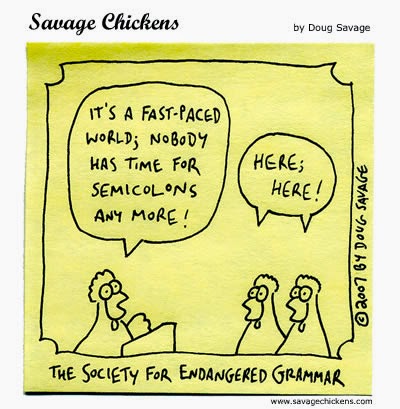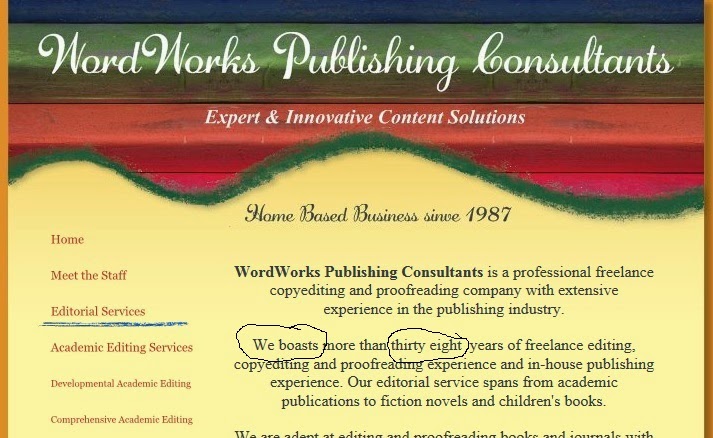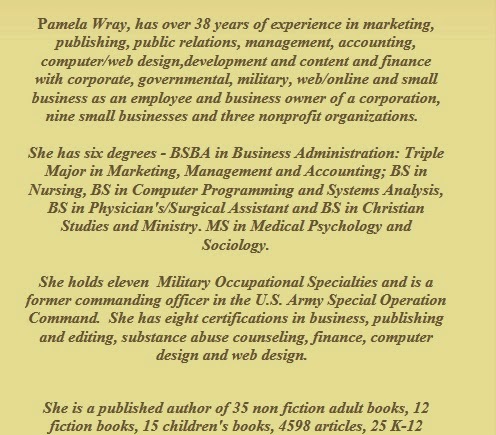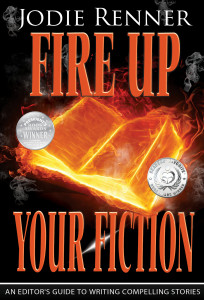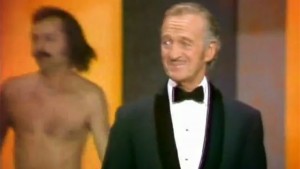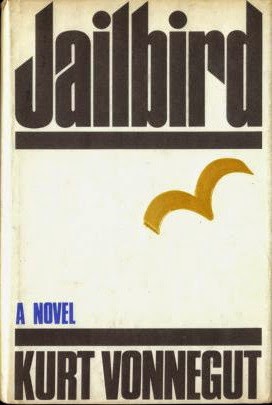Creating a hook at the end of a chapter encourages readers to turn the page to find out what happens next in your story. What works well are unexpected revelations, wherein an important plot point is offered or a secret exposed; cliffhanger situations in which your character is in physical danger; or a decision your character makes that affects story momentum. Also useful are promises of a sexual tryst, arrival of an important secondary character, or a puzzling observation that leaves your reader wondering what it means.
It’s important to stay in viewpoint because otherwise you’ll lose immediacy, and this will throw your reader out of the story. For example, your heroine is shown placing a perfume atomizer into her purse while thinking to herself: “Before the day was done, I’d wish it had been a can of pepper spray instead.”
This character is looking back from future events rather than experiencing the present. As a reader, you’ve lost the sense of timing that holds you to her viewpoint. You’re supposed to see what she sees and hear what she hears, so how can you see what hasn’t yet come to pass?
Foreshadowing is desirable because it heightens tension, but it can be done using more subtle techniques while staying within the character’s point of view. Here’s another out of body experience: “If I knew what was going to happen, I’d never have walked through that door.” Who is telling us this? The Author, that’s who. Certainly not your character, or she’d heed her own advice. Who else but the author is hovering up in the air observing your heroine and pulling her strings? Same goes for these examples:
“I never dreamed that just around the corner, death waited in the wings.” [okay, who can see around that corner if not your viewpoint character? YOU, the author!]
“Watching our favorite TV program instead of the news, we missed the story about a vandalized restaurant.” [if the characters missed the story, who saw it?]
“I felt badly about the unknown victim, but it had nothing to do with me. Or so I thought.” [speaking again from the future looking back]
“I couldn’t possibly have been more wrong.” [ditto]
“I was so intent on watching the doorway, I didn’t see the tall figure slink around the corner.” [then who did spot the tall figure? You got it–the author]
Although these examples are given in first person, the same principles apply to third person limited viewpoint. Your reader is inside that character’s skin. She shouldn’t be able to see/hear/feel beyond your heroine’s sensory perceptions. By dropping hints about future events, you’re losing the reader’s rapt attention. Stick to the present, and end your chapter with a hook that stays in character.
Here are some examples from Permed to Death, my first mystery novel. These hooks are meant to be page turners:
“This was her chance to finally bury the mistake she’d made years ago. Gritting her teeth, she pulled onto the main road and headed east.” (Important Decision)
“There’s something you should know. He had every reason to want my mother dead.” (Revelation)
“Her heart pounding against her ribs, she grabbed her purse and dashed out of her town house. Time was of the essence. If she was right, Bertha was destined to have company in her grave.” (Character in Jeopardy)
“She allowed oblivion to sweep her into its comforting depths.” (Physical Danger)
Personal decisions that have risky consequences can also be effective. For example, your heroine decides to visit her boyfriend’s aunt against his wishes. She risks losing his affection but believes what she’s doing is right. Suspense heightens as the reader turns the page to see if the hero misinterprets her actions. Or have the hero in a thriller make a dangerous choice, wherein he puts someone he cares about in jeopardy no matter what he decides. Or his decision is an ethical one with no good coming from either choice. What are the consequences? End of chapter. Readers must keep on track to find out what happens next.
To summarize, here’s a quick list of chapter endings that will spur your reader to keep the night light burning:
1. Decision
2. Danger
3. Revelation
4. Another character’s unexpected arrival
5. Emotional turning point
6. Puzzle
7. Sex
In a romance, end chapter with one viewpoint, and switch to partner’s viewpoint in next chapter. Or end a scene of heightened sexual tension with the promise of further intimacy on the next page.
Sprinkle the lucky seven judiciously into your story and hopefully one day you’ll be the happy recipient of a fan letter that says: “I stayed up all night to finish your book. I couldn’t put it down.”
What other techniques do you use?







